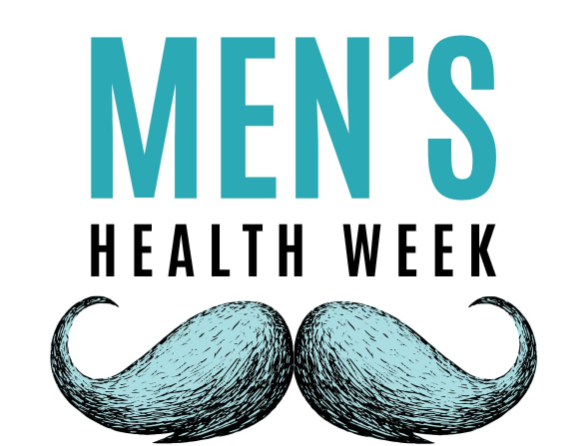
Build bridges, not walls
Phil Sutton, Founder, Duraproducts
This week (10-16 June) is Men’s Health Awareness Week, where men are encouraged to share their health stories, both physical but equally importantly, mental.

In the UK, the construction industry remains largely male-dominated, where a culture of masculinity shapes its ethos and sharing problems is seen as a weakness. Shockingly, four out of five suicides are by men, with suicide being the leading cause of death for men under 35 (UK Parliament). In 2020, workers in construction faced a suicide risk 3.7 times higher than the national average (Office for National Statistics), shedding light on inherent stressors within the industry, from tight deadlines and job insecurity to long, unsociable hours and personal pressures.
However, four years later, positive change is underway, albeit with more support needed. In the past few years, there has been a huge effort made to raise awareness of the mental health issues suffered by men and a drive towards creating a more open culture, particularly on construction sites. National days and weeks like this one help to create a perception change by encouraging community engagement, highlighting available resources, and advocating for better policies. By prioritising self-care and inspiring action, the week helps to improve mental health and well-being for all.
As an organisation that works closely with the construction industry and with some of our team affected directly and indirectly by mental health issues, this is a subject close to our hearts. Fortunately, there are a number of organisations out there to help, including Mates in Mind, a leading UK charity, dedicated to providing employers with vital information and support on the mental health and well-being of their teams. By encouraging openness and dialogue in the sector, we should be able to reduce the heart-breaking losses experienced within our industry. The ‘man up’ culture has long permeated construction, discouraging men from expressing their feelings and exacerbating mental health issues.
We are encouraging the industry to start the conversation not just this week, but every day. Mental health initiatives are just as important as PPE and employers must take responsibility in constructing a safe space where vulnerability is met with understanding and support. Remember, it won’t always be dark at seven.
For more information, visit https://www.matesinmind.org/, or to use the Mates in Mind service, simply text “BeAMate” to 85258

